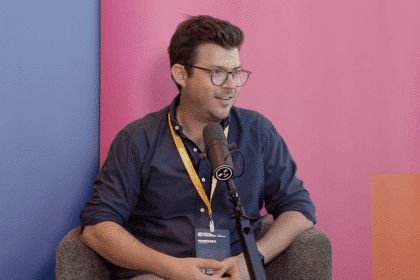Julian Assange, the founder of WikiLeaks, has spoken publicly for the first time since his release from prison. In an emotional address at the Parliamentary Assembly of the Council of Europe (PACE) in Strasbourg, Assange provided the first bit of insight into his years of incarceration while advocating for his enduring belief in freedom of speech.
Assange, who was charged under the Espionage Act by the United States for his role in publishing classified military documents, appeared before a packed auditorium to give evidence after the PACE report deemed Assange a political prisoner.
“I am not here today because the system worked; I am free today after years of incarceration because I pleaded guilty to journalism,” Assange explained. “I pled guilty to seeking information from a source, I pled guilty to obtaining information from a source, and I pled guilty to informing the public what that information was. I. I did not plead guilty to anything else”.
His appearance before PACE, Europe’s leading human rights body, marked the first time he had spoken publicly since his release. While the event was heavily controlled, with restricted media access, Assange’s remarks reverberated far beyond the walls of the assembly hall.
Flanked by his wife, Stella, and WikiLeaks editor-in-chief Kristinn Hrafnsson, Assange spoke candidly about the toll his five years in a UK high-security prison had taken on his mental and physical health.
“The transition from years of confinement in a maximum security prison to being here before the representatives of 46 nations and 700 million people is a profound and surreal shift. The experience of isolation for years in a small cell is difficult to convey. It strips away one sense of self, leaving only the raw essence of existence,” Assange explained. “I am yet not fully equipped to speak about what I have endured in the relentless struggle to stay alive, both physically and mentally. Nor can I speak yet about the deaths by hanging, murder and medical neglect of my fellow prisoners”.
“I apologise in advance, if my words falter or if my presentation lacks the polish you might expect from such a distinguished forum, isolation has taken its toll”.
Despite being evidently broken by his time incarcerated, Assange’s fervent defence of press freedom remained at the core of his address – his beliefs never wavering.
“Freedom of expression and all that comes with it is at a dark crossroads,” he said. “The criminalisation of news-gathering activities is a threat to investigative journalism everywhere”.
“Journalists should not be prosecuted for doing their jobs. Journalism is not a crime; it is a pillar of a free and informed society”.
Assange’s statement to PACE followed the assembly’s investigation, which concluded that his lengthy detention and conviction represented a violation of his rights. The assembly has called for the UK to investigate whether Assange was subjected to “inhumane treatment” during his time in custody. The PACE report deemed Assange a political prisoner, with the charges brought against him by the US described as “disproportionate” and “severe.” While WikiLeaks’ publication of classified documents, including those related to the wars in Iraq and Afghanistan, embarrassed the US government, PACE noted that no evidence had emerged suggesting the leaks directly caused harm.
In June, Julian Assange was sentenced to five years and two months, the time he had already served, effectively granting him freedom after 14 years of legal battles. Reflecting somberly on his newfound liberty, Assange said, “Justice for me is now precluded… I eventually chose freedom over unrealisable justice”.
Since his release, Assange has been focusing on spending time with his family. His wife Stella, speaking after the hearing, said, “It’s all we’d been wishing for for so many years; it’s wonderful. We have been taking time for ourselves and time to figure things out”.
Assange’s appearance at PACE signals a critical moment for journalism, freedom of speech, and the rights of whistleblowers globally. As the assembly prepares to debate and vote on a draft resolution regarding his case, the world continues to watch the unfolding legacy of a man whose fight for transparency reshaped modern journalism.








